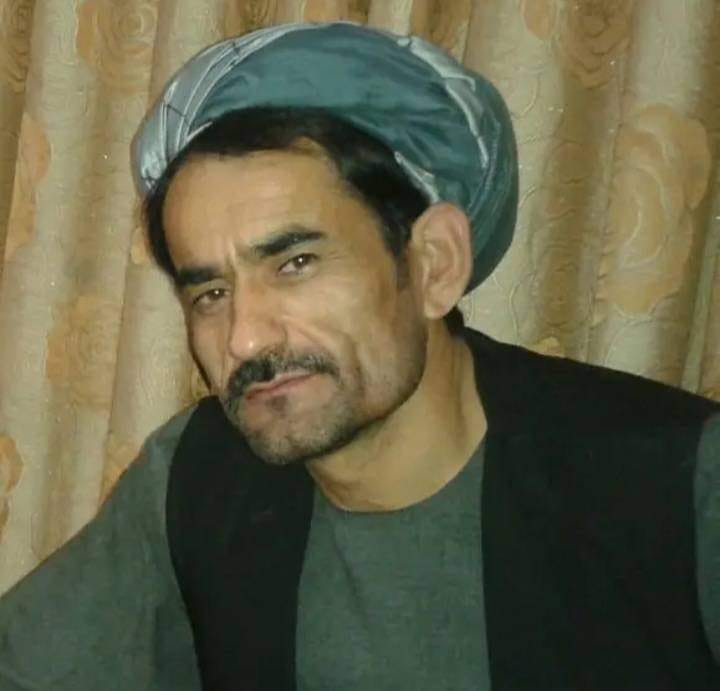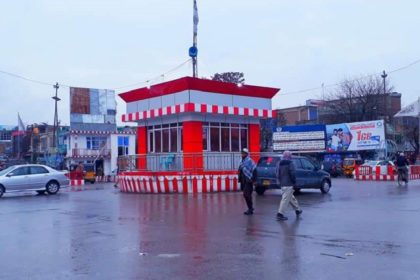RASC News Agency: With the collapse of Afghanistan’s previous regime and the Taliban’s return to power, Afghan society has plunged into a state of displacement and hopelessness. Many Afghanistanis have become refugees abroad, while millions within the country live as exiles in their homeland, strangers on their own soil. Among those hit hardest were the artists, whom the Taliban regime systematically erased from the social landscape. These artists lost everything; forced to flee, they dispersed to distant lands. Some sought asylum in Western and European countries, while others fled to neighboring nations. However, for those in neighboring countries, their conditions only worsened, as they now face the added ordeal of forced deportations on top of their displacement.
One such artist is Taj Mohammad Chah-Abi, a celebrated folk singer from Afghanistan renowned for his deep mastery of traditional and folkloric Persian music. Chah-Abi, with his distinct voice and dedication to local musical traditions, has participated in numerous music albums and folkloric pieces, which aired on Afghanistan radio and television, resonating with audiences across the country. His presence was felt at cultural festivals and artistic events both within Afghanistan and throughout the region, where his performances brought communities together through song.
After the Taliban’s return to power, Chah-Abi fled Afghanistan, resorting to smuggling routes to enter Iran. Once there, he lived in constant fear of arrest by Iranian authorities. In one attempt to evade capture, he climbed onto a rooftop, but tragically fell, suffering a severe injury that left his left leg permanently shortened by five centimeters. Today, he remains in Iran, enduring a life marked by despair and helplessness. Yet despite his plight, no one has stepped forward to assist this artist in his hour of need. Notably, Tajik businessmen, who are known for their generosity toward all communities especially those outside their own have shown a glaring lack of support for a fellow Tajik artist in distress.
In recent years, Tajik traders and philanthropists have extended a helping hand to numerous non-Tajik individuals and artists. However, when it comes to aiding those from their own community, they seem to lose sight of their heritage. If Chah-Abi were a Pashtun or belonged to any other ethnic group, a crowd of Tajik traders, smugglers, and political figures would likely have stepped forward, eager to provide financial backing and to promote the notion of “national unity” among Afghanistan’s diverse communities.






